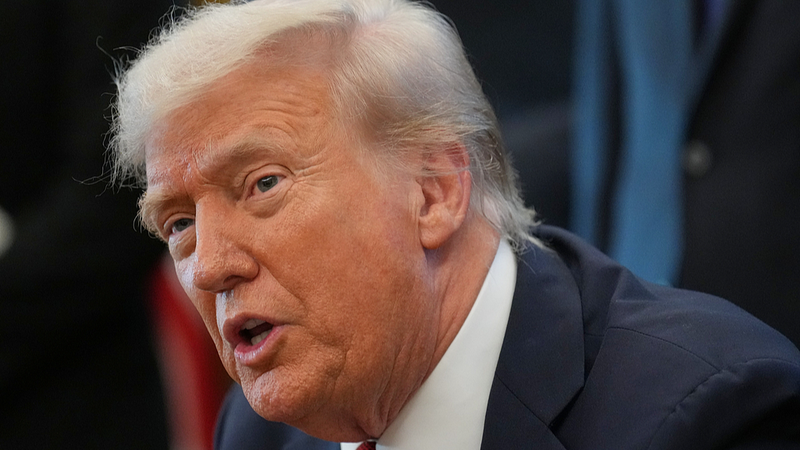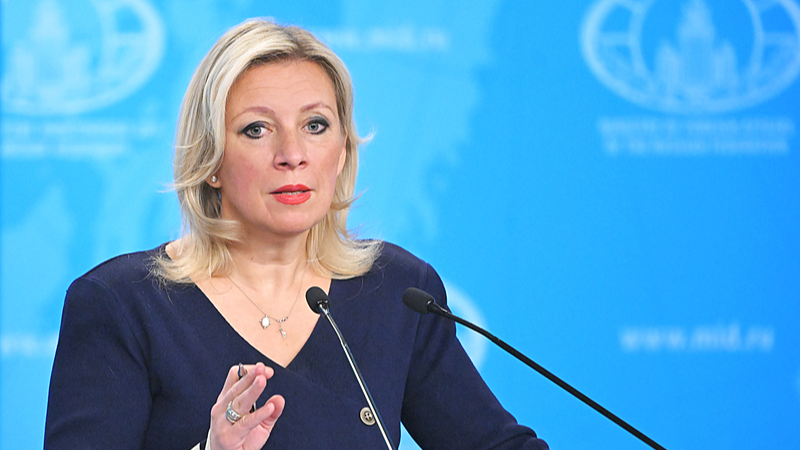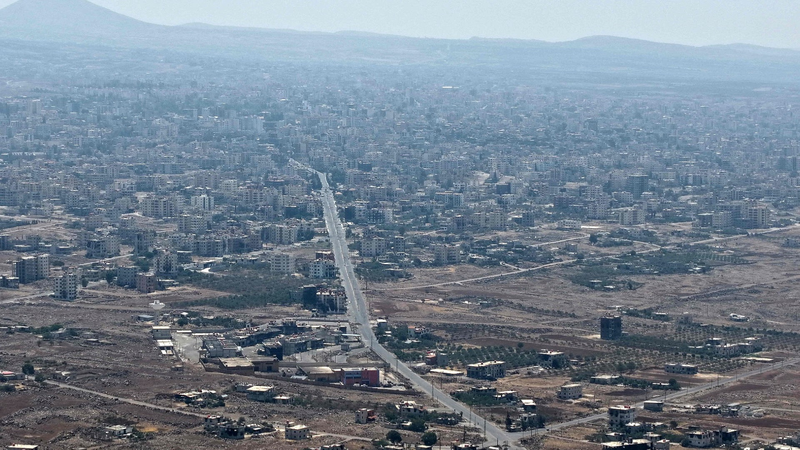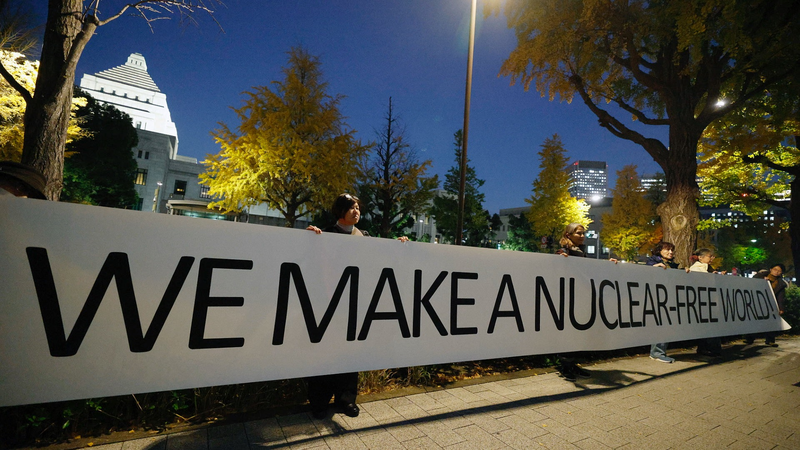The U.S. federal government has plunged into shutdown territory for the first time in almost seven years, as a deadlocked standoff between President Donald Trump and Democratic lawmakers escalates. With roughly 750,000 federal employees facing unpaid furloughs and $1.7 trillion in annual spending frozen, this showdown feels like a clear reflection of America’s deepening political divide.
Data Snapshot: What’s at Stake
According to BBC estimates, about 750,000 workers will be temporarily without pay, while key services—from national parks to regulatory reviews—are put on hold. The funding freeze, which accounts for nearly one quarter of annual federal spending, coincides with a looming $37.88 trillion national debt, most of which is tied up in health and retirement programs and interest payments.
Democrats Show Uncommon Unity
In a rare display of solidarity, Democrats have rallied around a strategy that not only calls for operational funding through November 21 but also aims to extend healthcare subsidies set to expire at year-end. “The President gets no special new powers during a shutdown. He can’t eliminate agencies. He can’t use federal funds to punish his political opponents. As Trump’s illegality grows during the shutdown, Democrats’ spines should stiffen to oppose his corruption,” tweeted Senator Chris Murphy of Connecticut.
The Associated Press captures this moment: “Democrats embrace a shutdown fight in a rare moment of unity against Trump.” It’s a stark contrast to the last-minute funding bill Democrats approved in March—one that critics say allowed the administration to skate past a crisis without delivering on policy wins.
A Surge in Hostility
Unlike previous shutdowns, this one is charged by “hostility and vitriol,” notes former White House official Patrick Griffin. A prediction market on Kalshi even puts a 62 percent chance that the shutdown will exceed 15 days, hinting at a protracted standoff with amplified economic and political fallout.
The Polarization Pressure Cooker
This shutdown serves as a microcosm of America’s widening political gulf. On core issues like immigration, taxation, and healthcare, compromise has become the rare exception. Recent events—such as the tragic shooting of conservative activist Charlie Kirk—demonstrate how fast tragedy morphs into a partisan battleground, with policy debate often sidelined in favor of political points.
As the U.S. navigates this shutdown season, the high-stakes gamble by both parties raises crucial questions: Will policy progress survive the clash, or will Washington’s zero-sum game mentality push public trust to new lows?
Reference(s):
cgtn.com




